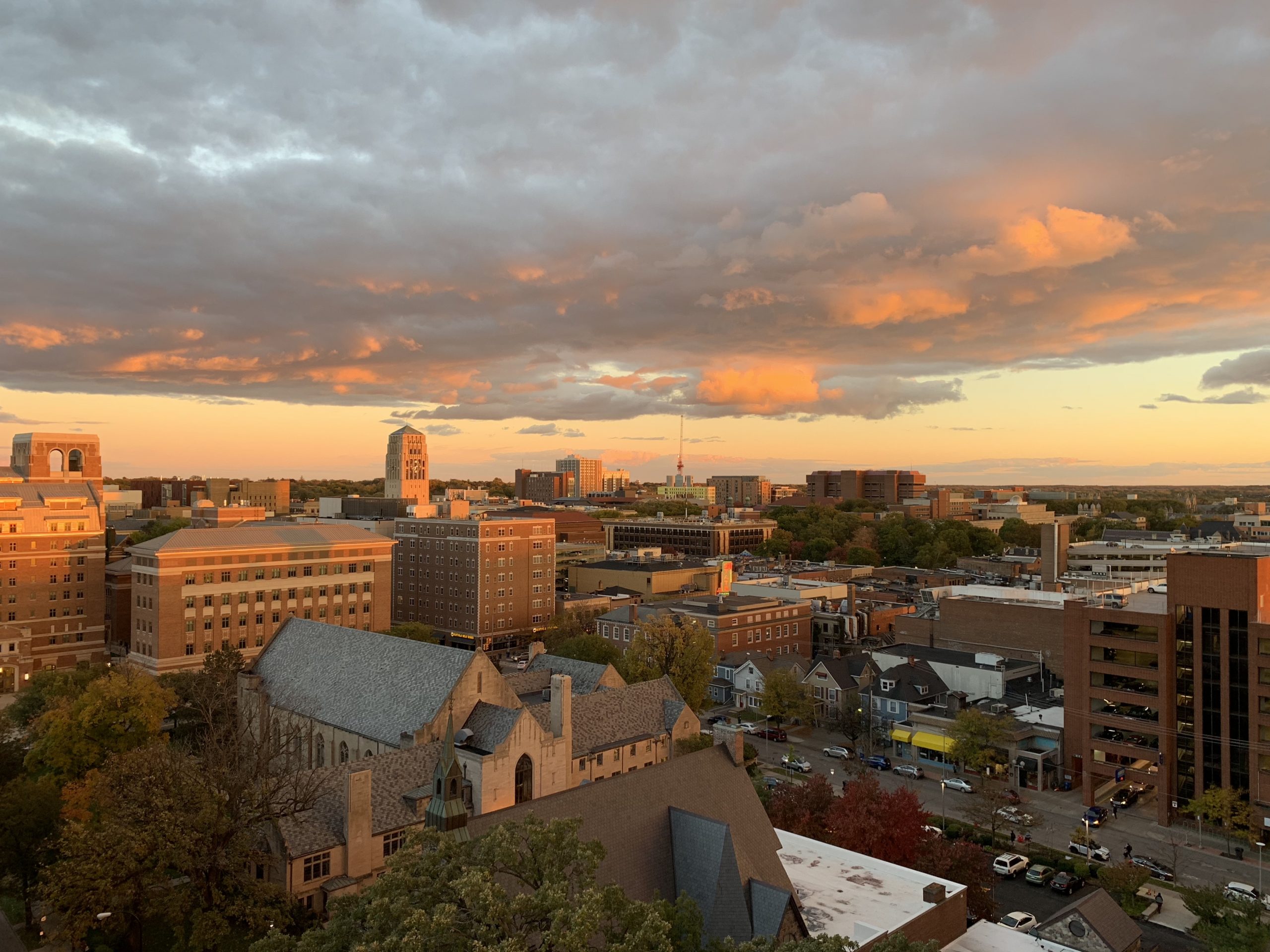Voters in Ann Arbor, Michigan, Broomfield, Colorado, and Westbook, Maine, approved ballot measures to enact ranked-choice voting (RCV) for mayor and city council elections. Westbrook’s measure also enacts RCV for school committee elections.
A ranked-choice voting system (RCV) is an electoral system in which voters rank candidates by preference on their ballots. If a candidate wins a majority of first-preference votes, he or she is declared the winner. If no candidate wins a majority of first-preference votes, the candidate with the fewest first-preference votes is eliminated. First-preference votes cast for the failed candidate are eliminated, lifting the second-preference choices indicated on those ballots. A new tally is conducted to determine whether any candidate has won a majority of the adjusted votes. The process is repeated until a candidate wins an outright majority.
- Ann Arbor voters approved Proposal B by 73% to 27%. Proposal B was designed to enact RCV for mayor and city council elections when authorized by state law. Proposal B made Ann Arbor the third city in Michigan to adopt RCV.
- Westbrook voters approved a ranked-choice voting initiative by 63% to 37%. Maine is one of the states that has enacted RCV at the state level. The initiative made Westbrook the second city in Maine after Portland to enact RCV.
- Broomfield voters approved Question 2A by 52% to 48%. Question 2A made Broomfield the fifth city in Colorado to adopt RCV. Boulder voters approved an RCV measure in 2020.
Earlier this year, voters in Austin, Texas, and Burlington, Vermont, approved ranked-choice voting ballot measures.
Two states—Maine and Alaska—have adopted RCV for statewide elections, both through citizen initiatives. Another eight states contained jurisdictions that had implemented RCV at some level. Another six states contained jurisdictions that had adopted but not yet implemented RCV in local elections.
Additional reading:


